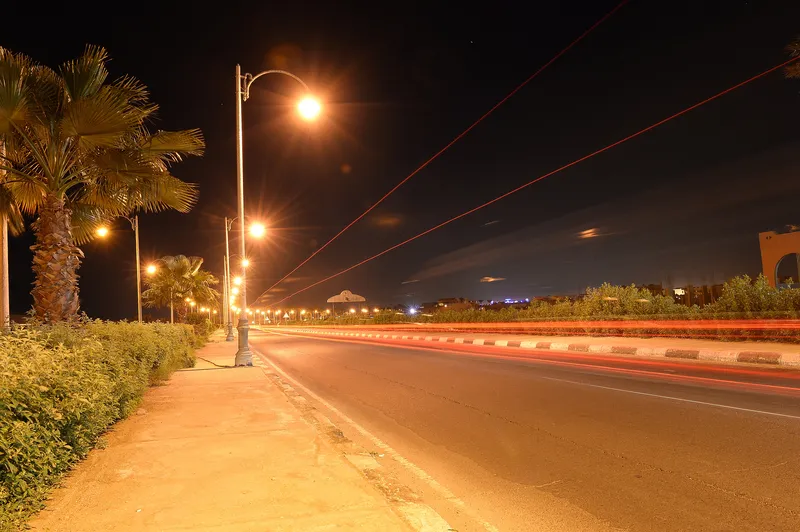California’s Bay Area Climate Collaborative (BACC) and Eaton's Cooper Lighting division are to collaborate on the Bay Area Next Generation Streetlight Initiative, a region-wide project designed to facilitate the upgrade of 200,000-plus municipal streetlights to LED technology.
September 27, 2013
Read time: 2 mins
California’s 6488 Bay Area Climate Collaborative (BACC) and Eaton's Cooper Lighting division are to collaborate on the Bay Area Next Generation Streetlight Initiative, a region-wide project designed to facilitate the upgrade of 200,000-plus municipal streetlights to LED technology.
As a part of the initiative, BACC is delivering education and tools to local governments interested in advanced lighting, in partnership with the UC Davis California Lighting Technology Centre. With support from Eaton’s Cooper Lighting division, the initiative will conduct further outreach around the LED lighting opportunity and develop key resources to complement existing guidance.
The BACC will ultimately pool regional interest in LED streetlight upgrades to secure improved purchase and financing terms, creating a streetlight upgrade business model that local governments can implement to relieve municipal budgets while bolstering the region’s economy. Over the course of five years, regional upgrades could deliver up to US$50 million in reduced costs for local governments, provide over 100,000 metrics tons of carbon dioxide avoidance and create many new clean-energy jobs.
“LED street lighting benefits local governments in so many ways – lowering energy and maintenance costs, reducing greenhouse gas emissions and improving community safety – but without education, many municipalities don’t know where to begin,” said Mark Eubanks, president, Eaton’s Cooper Lighting division.
“While energy costs continue to rise and local governments grapple with ongoing budgetary constraints, return-on-investment for LED street lighting is continually improving,” said Rafael Reyes, Executive Director of the Bay Area Climate Collaborative.
As a part of the initiative, BACC is delivering education and tools to local governments interested in advanced lighting, in partnership with the UC Davis California Lighting Technology Centre. With support from Eaton’s Cooper Lighting division, the initiative will conduct further outreach around the LED lighting opportunity and develop key resources to complement existing guidance.
The BACC will ultimately pool regional interest in LED streetlight upgrades to secure improved purchase and financing terms, creating a streetlight upgrade business model that local governments can implement to relieve municipal budgets while bolstering the region’s economy. Over the course of five years, regional upgrades could deliver up to US$50 million in reduced costs for local governments, provide over 100,000 metrics tons of carbon dioxide avoidance and create many new clean-energy jobs.
“LED street lighting benefits local governments in so many ways – lowering energy and maintenance costs, reducing greenhouse gas emissions and improving community safety – but without education, many municipalities don’t know where to begin,” said Mark Eubanks, president, Eaton’s Cooper Lighting division.
“While energy costs continue to rise and local governments grapple with ongoing budgetary constraints, return-on-investment for LED street lighting is continually improving,” said Rafael Reyes, Executive Director of the Bay Area Climate Collaborative.








